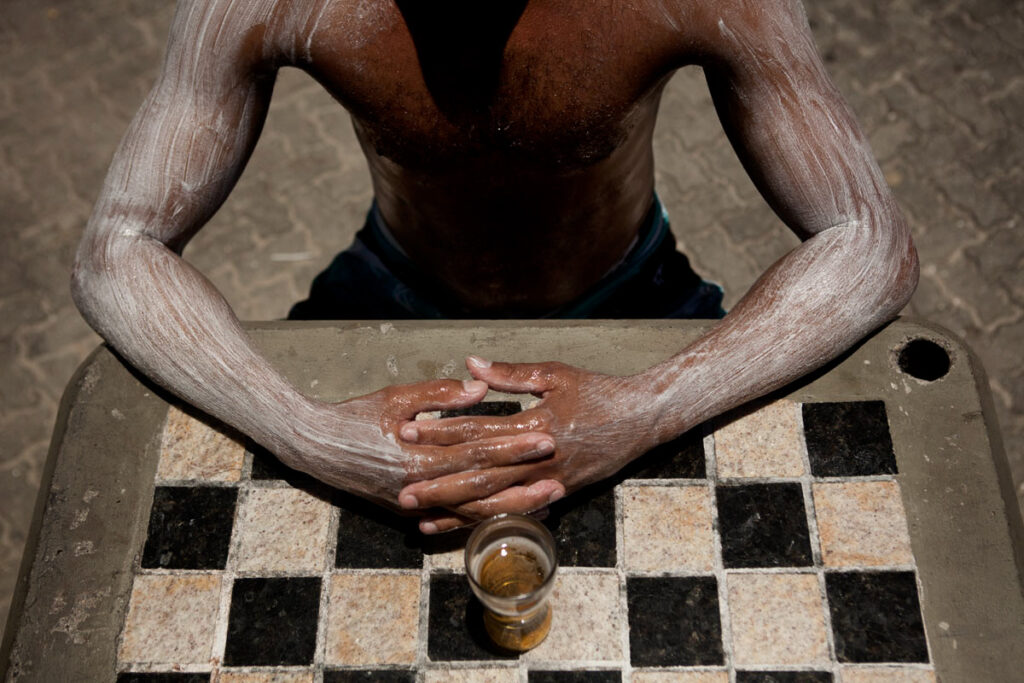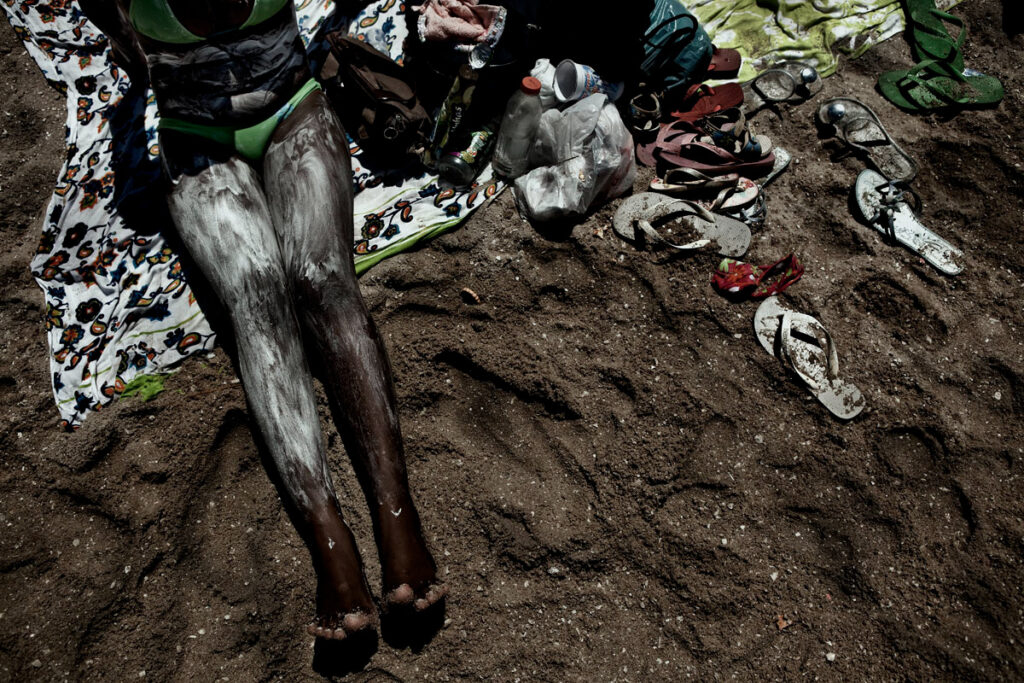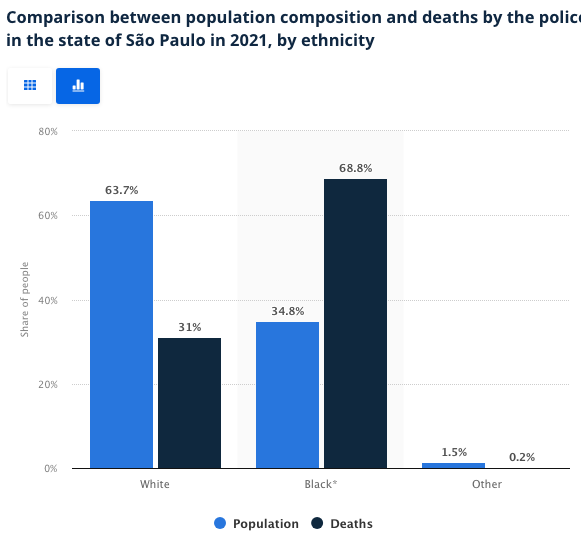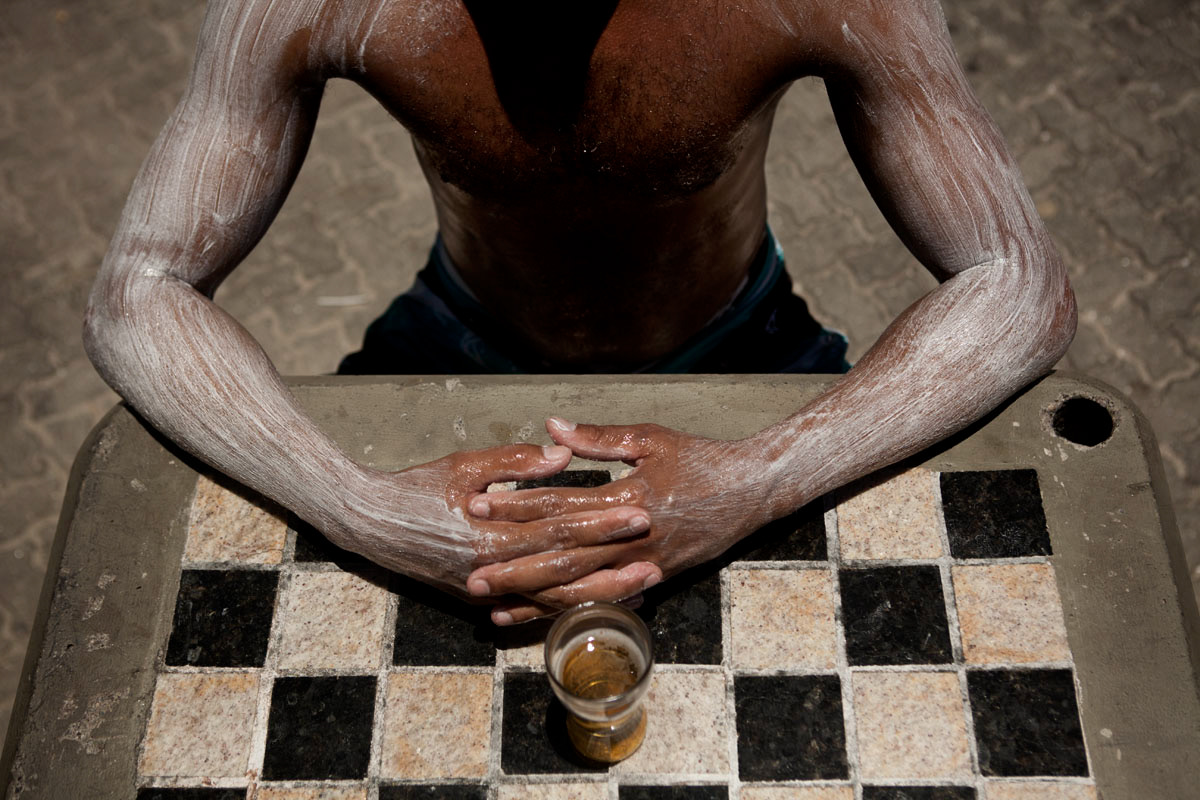Racism is a pervasive and complex problem, affecting individuals and societies differently. How can we address this issue creatively and engagingly? How can we use games for empowerment, awareness, and education? These questions motivated a co-design lab in Brazil in a partnership between GIG and the University of Bristol and its collaborators.
The co-design lab is part of the project Contesting Algorithmic Racism in Brazil, funded by the AHRC Impact Acceleration Fund. The project explores the cultural responses to racism embedded in data and digital technologies, such as algorithms, machine learning, and artificial intelligence. The project also seeks to create games and other interactive online resources that challenge and address algorithmic bias in Brazil.

The co-design lab consists of online workshops with Brazilian participants from diverse backgrounds and experiences. The participants include academics, NGO leaders, artists, educators, indigenous leaders, high school teachers and students. The workshops seek to foster a collaborative and participatory process where the participants discuss algorithmic racism, games and related issues, such as identity, power, territory, education, and technology. The workshops also aim to generate data and insights to inform the design briefings and tech specifications for developing games and other resources.
The first workshop took place on October 14th, 2023. It started with a round of introductions, where the participants shared their personal and professional trajectories, motivations for joining the lab, and expectations for the process. The session then moved on to an explanation of the main concepts and objectives of the project.

The workshop continued with a group discussion, where the participants exchanged their perspectives on identity and racism in Brazil and the world. Some of the topics that emerged were:
- A crucial starting point in our exploration of identity and racism is to shift the focus towards emphasising identity rather than dwelling solely on racism. This change is fundamental in Brazil to start building a positive narrative. Understanding the power of identity, especially concerning marginalised communities, is instrumental in dismantling the structures of racism that persist. Rather than fixating on racism, this perspective encourages us to examine the profound differences in how individuals construct their identities and engage with systemic racism in the country.
- One fundamental concept to grasp is that racism is not merely about prejudice or discrimination but primarily a power relation. The nuances of this difference are crucial for understanding the experiences of racialised individuals in the countries. Understanding racism as a power dynamic highlights its severe impact and the structural inequality it perpetuates. This insight is particularly relevant when discussing indigenous and marginalised communities’ issues, whether in the Brazilian Amazon or the coastal and inner regions.
- In discussing identity and racism, an issue that merits attention is the co-optation of leadership by institutional structures. In Brazil, existing power structures may co-opt or manipulate individuals advocating racial equality. These structures often employ well-intentioned leaders who end up helping maintain the status quo and preventing meaningful change. This raises the need for vigilance and a critical examination of leadership roles within racial justice movements.
- A central concern in addressing racism is the role of educational institutions. As Brazil grapples with deeply rooted racial disparities, it becomes evident that racism often originates in schools. Schools tend to perpetuate the societal division that exists between racial groups.
- The integration of technology in educational settings presents a complex puzzle. For teachers, technology can be both an invasion of their classroom space and an obligation imposed by their working conditions. The challenges associated with technology adoption and integration into the educational environment must be carefully considered, especially in regions with limited access to technology, inadequate hardware, and precarious connectivity.
- Territory is a multifaceted concept in the discussion of identity and racism. From indigenous lands in the Amazon to the urban landscapes of São Paulo, territory plays a pivotal role in shaping the experiences of marginalised communities. Examining the impact of territory on these communities’ lives is essential in understanding the broader dynamics of identity and racism.

- Racial categorisation is an intricate issue, with the term “pardo” exemplifying its complexity. This label, which falls between white and black, often obscures Afro-Brazilian individuals’ distinct experiences and identities. This phenomenon underscores the need for more nuanced and culturally sensitive categorisations in census data collection.
- Afrofuturism, a movement that explores the intersection of African diaspora culture with technology and speculative fiction, presents opportunities and challenges in addressing issues of identity and racism. While Afrofuturism offers a unique lens through which to examine these topics, it is vital to recognise that Afrofuturism can inadvertently conform to a particular aesthetic or narrative, which may only partially capture the diverse experiences of marginalised communities.
- One innovative approach to addressing the multifaceted challenges of identity and racism is using games. Anti-racist games can potentially engage users in meaningful discussions while providing a lighter, more accessible way to explore these issues. Games can serve as tools for individuals experiencing racism to find empowerment and those unknowingly perpetuating racism to gain awareness and understanding.
- An interesting point of analysis is the prevalent theme in many first-person shooter (FPS) games, which often involve American or British “heroes” combating “terrorists” from other parts of the world. The racial undertones of such games and their implications in shaping perceptions of different cultures provide valuable insights into how identity and racism intersect with popular digital media.
The workshop concluded with a reflection on the main takeaways from the conversation and an invitation for participant feedback. While exploring identity and racism, several prominent voices and references were mentioned as valuable resources. These include Tarcizio Silva, Nina da Hora, Bruno Natal, Nego Bispo, Lelia Gonzalez, Ale Santos (known as Savage Fiction), Octavia Butler, Clovis Moura, and many more. Their work and insights offer diverse perspectives on identity, racism, and the potential for change.

The co-design lab will continue with three more workshops in November 2023. The following workshops will delve deeper into the issues related to algorithmic racism in Brazil and the world. They will also involve more hands-on activities to co-create design briefings for games and other resources that contest algorithmic racism. The co-design lab hopes to seed a community dedicated to creating games and other interactive online content that challenge racism and empower marginalised communities in Brazil. The journey to dismantle racism and empower marginalised communities is complex. Still, it begins with a comprehensive understanding of the intricacies of identity and racism worldwide.
The project “Contesting Algorithmis Racism Through Videogame Design in Brazil was created in collaboration with the University of Bristol and supported by the Arts and Humanities Research Council of UK Research & Innovation
If you want to learn more about this project or join the co-design lab, please contact Ricardo at ricardo at globalinnovationgathering.org. You can also follow the project’s updates on GIG’s social media channels @weareGIG.
Thank you for reading!


